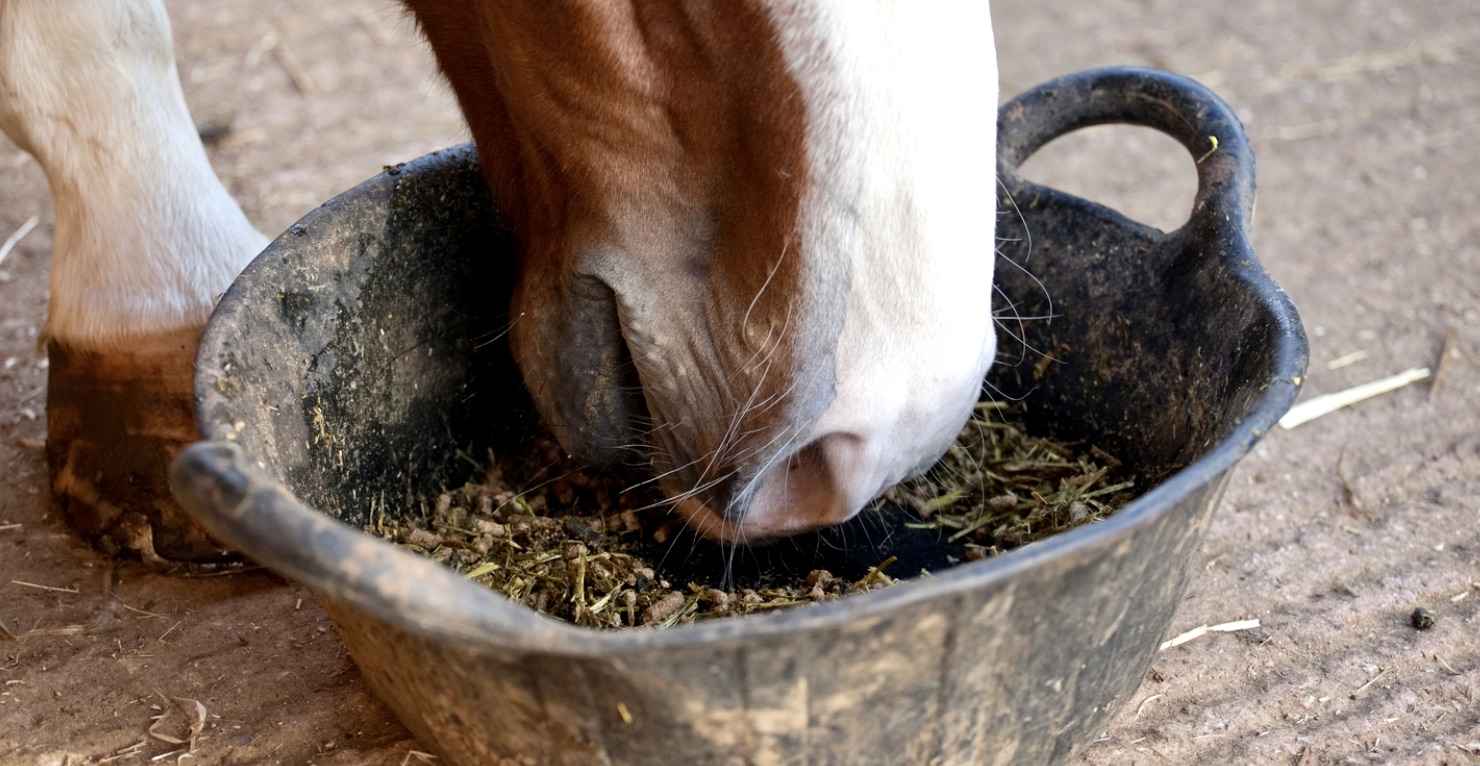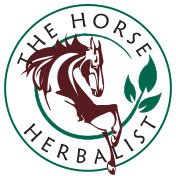
Are we giving our horses too many supplements?
Over recent years, the equine industry has seen a significant rise in the use of dietary supplements for horses. While most horse owners aim to optimise their horses’ health and performance, it’s crucial to understand when and why to incorporate these supplements into their diets. Over-supplementation can lead to adverse effects so we need to understand the implications of this trend.
The Rise of Supplements in Equine Nutrition
The popularity of supplements in horse care has skyrocketed, with a vast array of products available from all over the world on the market. Particularly concerning is the multitudes of products aimed at supporting the gastrointestinal tract, joint support and calming agents, not to mention vitamins and minerals. Horse owners are increasingly influenced by expensive marketing campaigns that capitalise on our love for our horses. But most people don’t read labels or if they do, don’t understand the effects of the ingredients, which means that they can inadvertently give horses double doses of some ingredients, and can sometimes cause more harm than good.
These supplements may look and sound harmless but anything we ingest has an impact on both short and long term health. This includes various ‘natural products’ that promise to help.What might work for one horse might not suit another, highlighting the importance of individualised care.
The Benefits of Supplements
There are scenarios where supplements can play a vital role in a horse’s diet. For instance, older horses may require joint support, while performance horses might need additional electrolytes after rigorous training. Certain supplements can address specific deficiencies—like vitamin E in horses with limited access to fresh forage. Research and expert opinions often support the judicious use of these products when warranted.
Potential Risks of Over-Supplementation
However, giving too many supplements can be detrimental. Over-supplementation may lead to nutrient imbalances or toxicity. For example, excess vitamin A can cause serious health issues, while high levels of certain minerals can interfere with absorption. Additionally, many horses may not need supplements at all if their diet is already balanced and nutritious. It’s also essential to remember that the horse’s gut still has to absorb and metabolise everything in their feed, which can put added strain on their system. Our good intentions can cause harm.
Recognising Nutritional Needs
To determine whether supplements are needed, it’s essential for horse owners to evaluate their horses’ individual nutritional needs. Regular veterinary check-ups and consultations with independent equine nutritionists can help identify any deficiencies or specific dietary requirements. Professional equine herbalists can also provide valuable insights into natural supplementation options, ensuring that any herbal products used are appropriate for the horse’s specific condition.
Practical Tips for Horse Owners
Here are some practical tips for evaluating the need for supplements:
-
Assess Diet: Regularly review your horse’s diet to ensure it meets their nutritional needs.
-
Monitor Health and Performance: Keep an eye on your horse’s condition, energy levels, and performance. Changes may indicate nutritional needs.
-
Consult Professionals: Work with veterinarians, independent equine nutritionists, or professional equine herbalists before adding the latest ‘on trend’ product to your feeding regime.
-
Choose Wisely: If supplementation is necessary, select high-quality products and adhere to recommended dosages.
In conclusion, while supplements can benefit some horses, moderation and informed choices are key. Understanding your horse’s individual needs and maintaining a balanced diet is paramount to their health. Before adding any supplements, consider their specific requirements, and consult professionals to make the best decisions for your equine companions.
